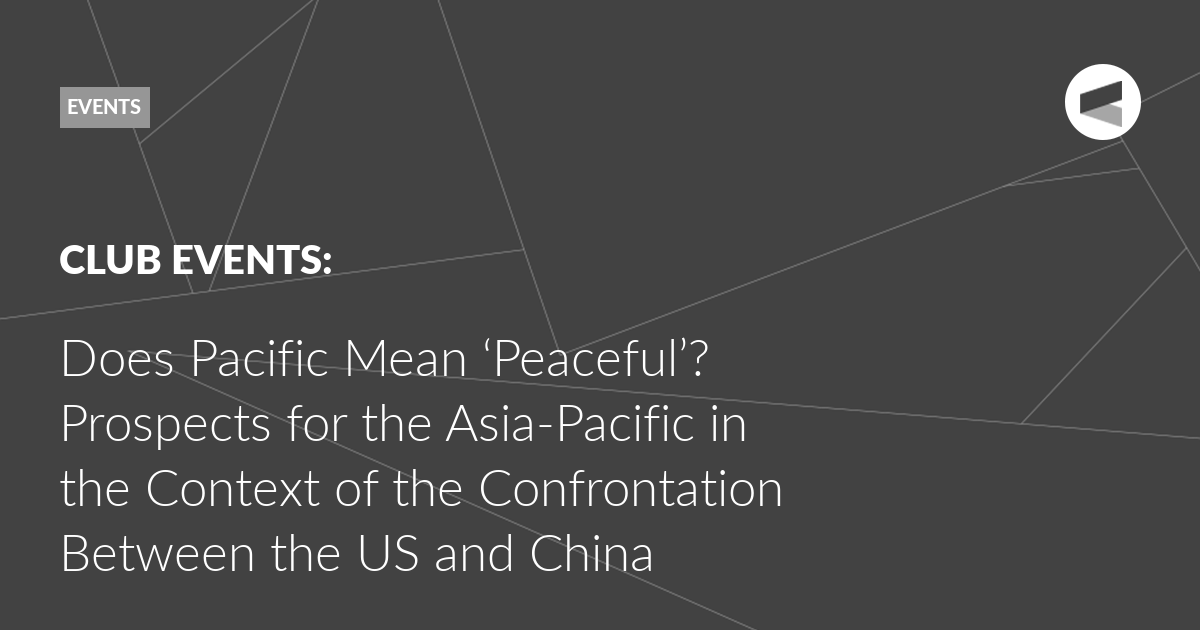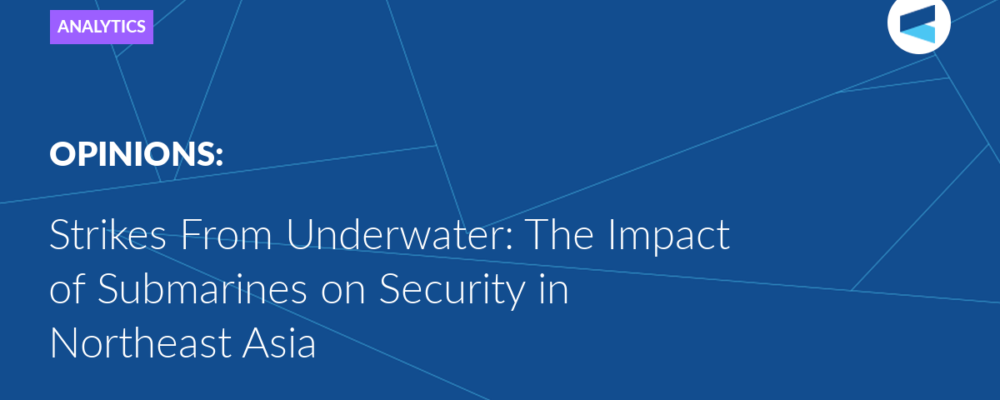On May 16, 2025, the Valdai Club hosted an expert discussion titled “Security in the Asia-Pacific: Between Deterrence and Cooperation”. Moderator Timofei Bordachev, noted that although Eastern Europe currently remains the centre of geopolitical tension, the Asia-Pacific, where the interests of the most important global players converge, also periodically produces alarming news and trends, including those related to the strategic competition between the US and China, as well as the Indian-Chinese relationship, which remain strained.
Nelson Wong, vice president of the Shanghai Centre for Strategic and International Studies, commented on the unfolding confrontation between Washington and Beijing. “No one has declared war, but the conflict between the US and China has now entered a serious phase,” he emphasised. In his opinion, the hopes that America and China would be able to reach an agreement were unrealistic – and the Chinese leadership understood this from the very beginning. The United States is trying to dominate the world and does not want to give up its hegemonic position, while China believes in universal prosperity. Therefore, China was ready for confrontation, as evidenced by its quick reaction to the “tariff war” that has shocked the world. Now the parties have agreed to freeze the conflict for three months, but it is not over yet and will probably last a long time, because the fundamental contradictions have not gone away. Accordingly, this situation will continue to affect the security of the Asia-Pacific region, because the United States will continue to interfere in its affairs, creating instability in order to counter China. Wong called for making the Asia-Pacific a peaceful region, adding that the word Pacific itself means “peaceful.”
Vasily Kashin, Director of the Centre for Comprehensive European and International Studies at the National Research University Higher School of Economics, sees the likelihood of an acute conflict in the Asia-Pacific region as a key factor influencing the course of the conflict in Ukraine and the confrontation in Europe, as well as determining the US approach to them. The new US administration understands that the rivalry with China is continuing to unfold, and this entails the urgent need to redistribute resources towards Asia. This is due to the change in conditions in the region, both in military and economic terms, which haven’t favoured the United States. Accordingly, Washington and its allies apparently consider a rapid escalation of the confrontation with China justified, until the balance of power becomes less favourable for them. For Russia, on the one hand, this means that the US will seek to quickly extricate itself from the Ukrainian situation, and on the other hand, it threatens a serious economic shock associated with the destabilisation of raw materials markets, the redistribution of transport flows and possible technical difficulties with international payments in yuan. According to Kashin, these shocks should be prepared for in advance, including by discussing future steps with China.
India’s policy in the region was outlined by Alexey Kupriyanov, head of the Indian Ocean Region Centre at IMEMO RAS. He called India one of the key regional players, but acknowledged its difficult position due to the need to balance between China and the United States. Initially, New Delhi considered the US-China confrontation to be rather beneficial for itself, counting on Western companies to transfer production to Indian territory. However, this process quickly slowed down, including due to infrastructure limitations and a shortage of skilled labour. Against this background, the Indian government began to actively attract investment in education and infrastructure. At the same time, Western investment is declining, which became one of the reasons why India went for normalisation of relations with China. But then the American factor intervened in the person of Donald Trump, who turned out to be a very inconvenient and unstable partner for India. As a result, while the Indians are forced to simultaneously not spoil relations with China and the US, they continue programs of internal modernisation and develop interaction with all countries in the region. Thus, the situation prevents them from fully using the conflict to their advantage, the expert believes.
The Valdai Discussion Club was established in 2004. It is named after Lake Valdai, which is located close to Veliky Novgorod, where the Club’s first meeting took place.
Please visit the firm link to site






